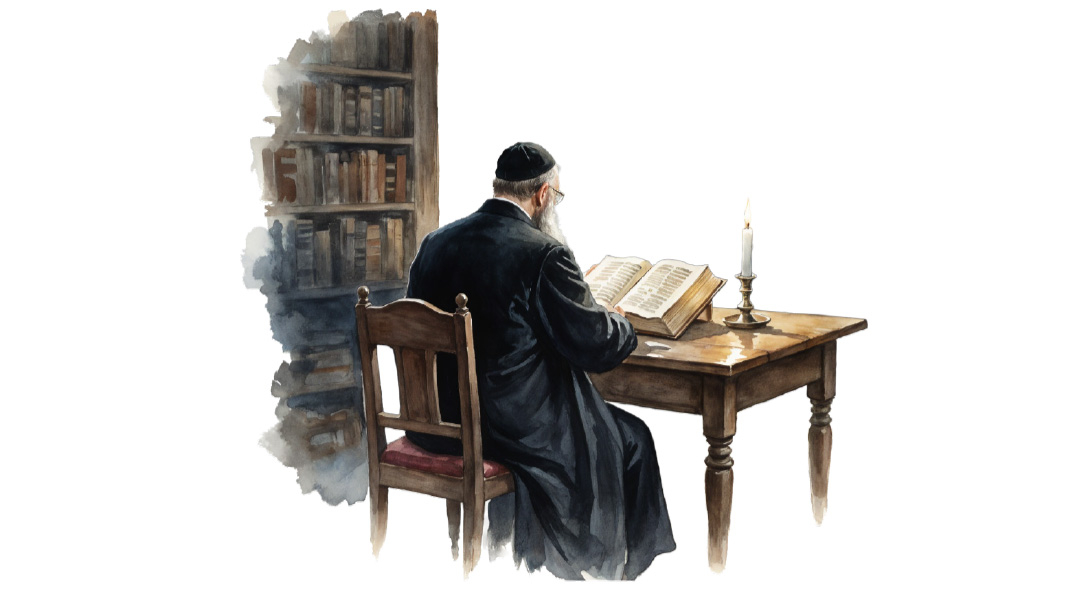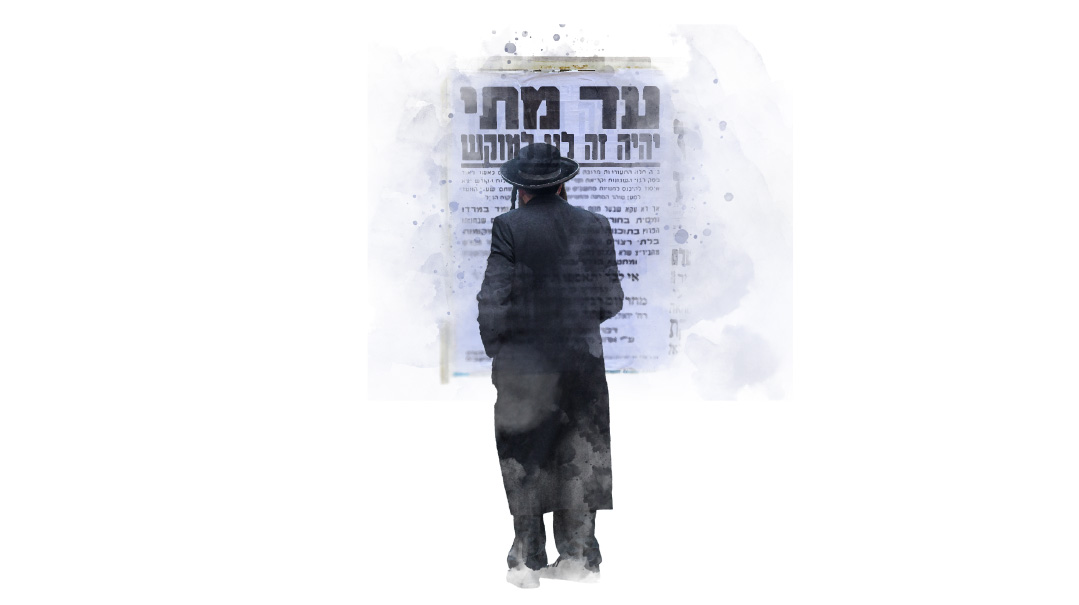Who Really Lost the Election?

There is great encouragement to be found in the defeat of the pollsters. We are not robots. It is in our power to change our habits and our thinking
By far the best news that has emerged from this election is not connected with which candidate won or lost. Rather, it is the fact that most pollsters got it all wrong, and it is they who are the big losers. Either the pollsters were themselves not neutral, or their questions were skewed, or the respondents deliberately misled the questioners, or the pollsters were completely unprofessional. Or is it that a flesh-and-blood human being cannot be reduced to an algorithm?
The so-called scientific samplers claim that by asking one hundred very carefully chosen individuals, the behavior of ten thousand more can be predicted. But human beings are infinitely complex, not subject to sampling, scientific or otherwise. And this is the second presidential election in a row in which most pollsters stumbled badly.
What is the purpose of polling? Political leaders may require them so that they will know the wishes of the people they are supposedly leading (which suggests of course, that the followers are leading the leaders…). But why are we all fascinated by polls?
Perhaps it is because there is a natural human curiosity to know what will happen tomorrow. The future is always closed to us, and mankind has always attempted to see into the future. We want to retain our personal choices to behave as we see fit tomorrow, but we do want to know how others will behave tomorrow. (Technically, of course, pollsters are not predicting the future, only what people are thinking today. But the effect on the public is the same.)
Do not polling results affect the thinking of undecided voters? Is there not a bandwagon effect if 80 percent are said to favor one candidate, and is it not tempting simply to join the majority, or not to vote at all if your choice seems very far behind? In this way, polls do not simply reflect what their respondents are thinking — do they not also direct the way people at large are thinking?
The good news is that human beings, for good or for ill, remain mysterious and unfathomable The prophet Yirmiyahu puts it in stark terms : “akov halev mikol, v’anush hu, mi yeida’enu — more deceitful is the heart than all else, and beyond cure, who can understand it”(17:9). Or, in modern terms: Even the most scientific of pollsters cannot fathom the human heart and is constantly fooled by it. Only G-d Himself can be “bochen levavos, probe the heart” (Tehillim 17:3 and numerous other sources).
The human heart remains unknowable to other humans, and this is our glory. We are not automatons enclosed in a box. We have freedom of choice We have our own minds. We are not static but dynamic. We can change, and we do change.
Religiously, this has great significance. Past behavior does not control future behavior. That we may not have lived a life of decency and integrity in the past does not condemn us to be mired forever in that morass. What we were yesterday is not an indicator of what we must be tomorrow. But beware — because it is a two-way street: The decent life we lived yesterday is not a guarantee that it will always remain that way. Eternal vigilance is necessary. Deceitful is the human heart. In an unguarded moment, without warning, it can take us off the road and deposit us into a ditch.
There is great encouragement to be found in the defeat of the pollsters. We are not robots. It is in our power to change our habits and our thinking. The prophets decried those whose worship of G-d is merely “mitzvas anashim melumadah, from the force of habit”(Yeshayahu 29:13). Yesterday, today, and tomorrow are three different levels. One does not control the other. Only we — and not the pollsters — can decide what the morrow will bring.
The pollsters will now begin their self-autopsies: the painful process of re-evaluating, correcting, and fine-tuning their methods. But their efforts are doomed to failure. When it comes to choosing between the human insights of the prophets and the insights of the scientific pollsters, I would play it safe and stick with the “unscientific” prophets. Theirs is a wisdom that does not require recalibration after every election.
(Originally featured in Mishpacha, Issue 838)
Oops! We could not locate your form.






